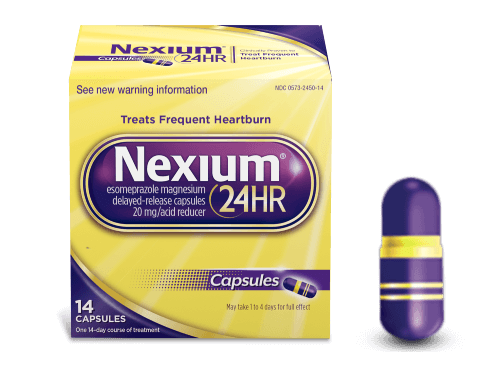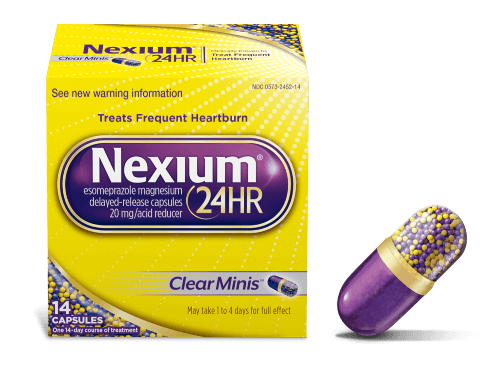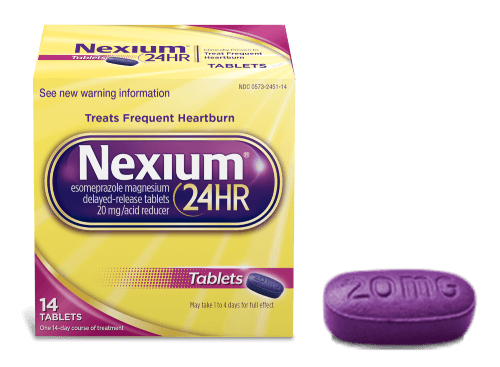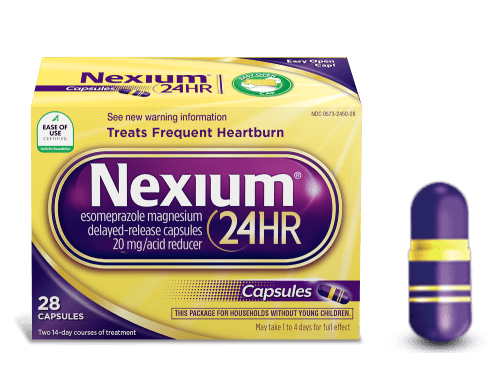Acid reflux is a condition when stomach acid flows upward through your esophagus and into your mouth.1 Not only can this cause uncomfortable feelings like heartburn, but it can also be detrimental to your oral health—such as affecting the surface of your teeth. Learn about the connection between acid reflux and teeth erosion and how you can prevent this painful condition.
How acid reflux affects the condition of your teeth
Stomach acid is naturally produced to help your body digest the foods that you eat.2 It is natural for these acids to occasionally rise upward during the digestion process, especially after large or filling meals.2
There is a link between acid reflux and cavities, and it relates to the importance of saliva.2 Saliva not only helps neutralize stomach acids caused by acid reflux, but also reduces bacteria that attack tooth enamel, especially by washing away food particles.2 Lower saliva production may increase your risk for cavities.2
Some acid reflux medications can lead to dry mouth.2 Not only can this feel uncomfortable, but this can also be an issue for producing saliva.2
However, those suffering from acid reflux can be affected by unwanted stomach acid throughout the day—and especially when they’re sleeping, since this is a time when the body produces less saliva and swallowing is less frequent.2 While sleeping, the lower teeth and molars can especially be subjected to these acids.3 This means that frequent bouts of acid reflex can lead to dental erosion, which is when acids work towards dissolving hard tissue on our teeth.3
What is dental erosion?
Dental erosion can lead to the deterioration of protective enamel on your teeth, which can not only affect the appearance of your teeth but also allow harmful bacteria to cause cavities.2 This is also known as demineralization, and it is an irreversible process that can cause tooth minerals to be lost.3
Other evidence of dental erosion may include:2
- Pain or sensitivity when consuming hot or cold drinks
- Yellowing discoloration of the teeth
- Changes in fillings or dental hardware
- Increased susceptibility to cavities
Common risk factors for dental erosion include consuming sugary or acidic food or beverages, which can include carbonated sodas and sugar-laden sweets and snacks.3
Your dentist will notice signs of dental erosion and will likely recommend fluoride treatments, which are effective in protecting dental enamel.3 While dietary changes are easier to diagnose and manage, conditions such as acid reflux are more intrinsic and at higher risk.3
If you suffer from acid reflux, speak to your doctor or healthcare professional to see what can treat any underlying causes of your stomach troubles.2 In addition, your dentist may recommend a fluoride toothpaste made for sensitive teeth, or chewing sugar-free gum to increase saliva production.2
Taking care of your stomach and oral health at the same time can lead to a holistic way to stay healthy and so you can both feel and look your best. Dietary changes and regular use of fluoride toothpaste may help to keep your mouth healthy. Over-the-counter medications such as Nexium 24HR can help alleviate the symptoms you feel related to frequent heartburn.
Source Citations:
- Gastroesophageal reflux disease (GERD). Mayo Clinic. https://www.mayoclinic.org/diseases-conditions/gerd/symptoms-causes/syc-20361940/. Accessed 5/16/2024.
- Tooth Erosion and Acid Reflux. Mouthhealthy. https://www.mouthhealthy.org/all-topics-a-z/tooth-erosion-and-acid-reflux/. Accessed 5/16/2024.
- Dental Erosion. American Dental Association. https://www.ada.org/resources/ada-library/oral-health-topics/dental-erosion/. Accessed 5/16/2024.





